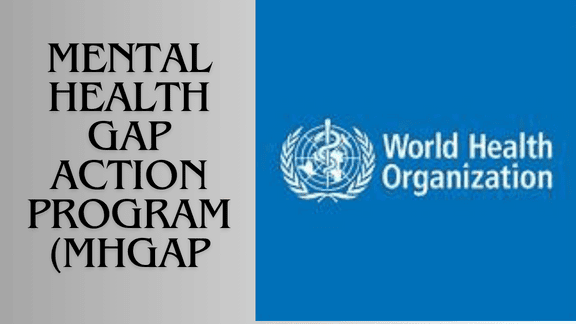The World Health Organization (WHO) has updated its mental health guidelines, and the Mental Health Gap Action Progra (mhGAP), in particular. Known collectively as mental, neurological, and substance use disorders (MNS) disorders, the updated guidelines offer fresh perspectives and suggestions for treating these conditions.
Global health and well-being are greatly impacted by MNS disorders. Despite being widely prevalent, over 75% of those who are afflicted lack access to the necessary treatments. The goal of the mhGAP is to close this treatment gap, particularly in primary care settings that are not specialized. In addition to the 90 existing recommendations, the guidelines now include 30 updates.
An increasing number of people are experiencing anxiety-related disorders, which are now treated with a special module.
Stress reduction methods, Cognitive-Behavioral Therapy (CBT), and the use of Selective Serotonin Reuptake Inhibitors (SSRIs) for disorders related to anxiety and depression are important recommendations.
Increasing the Range of Psychosocial Services
The guidelines stress the value of psychosocial treatment for a range of MNS ailments. The latest guidelines address interventions for people with mental illness or dual diagnoses, offering assistance to kids and teenagers with alcoholism, drug abuse, mental health issues, and neurodevelopmental disorders.
Crucial Guidance for Women in Fertility
Due to the increased risk of birth defects, the most recent guidelines recommend against using valproic acid, also known as sodium valproate, for women who are pregnant or at risk of becoming pregnant. Women who take valproic acid now ought to think about
Computerized and Non-Medical Interventions
A growing number of psychosocial and psychosocial interventions that address a variety of disorders are being distributed digitally. The revised recommendations include physical exercise, cognitive behavioral therapy (CBT), sensory stimulation therapy, and mindfulness training for mental health.
Updates in Pharmacology
Numerous antipsychotic and antiepileptic drugs have been added to the list of treatment options in order to address epilepsy, bipolar disorders, and psychosis.
The World Health Organization (WHO) states that new mental health guidelines have given physicians, nurses, and other primary healthcare providers the ability to treat patients with mental health disorders in an effective manner. Additionally, this is an essential tool that helps planners and managers of healthcare facilities create strategies to deal with these important health issues. You can find here a detailed explanation of the guidelines.
